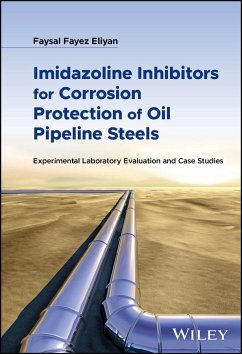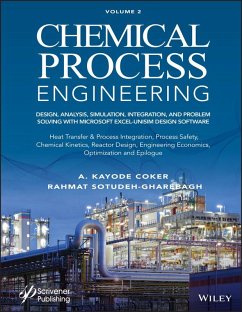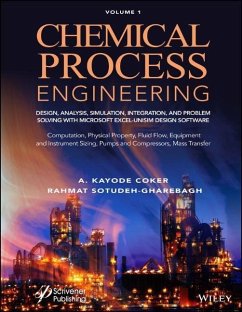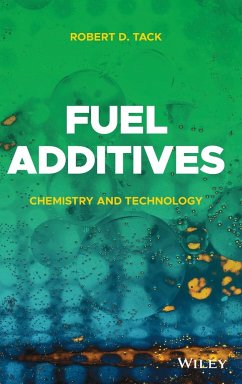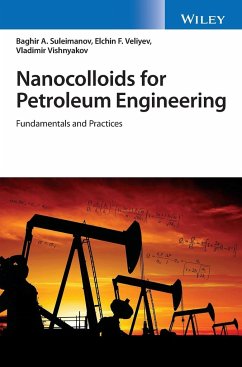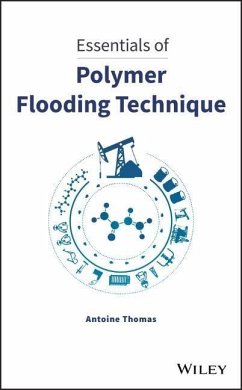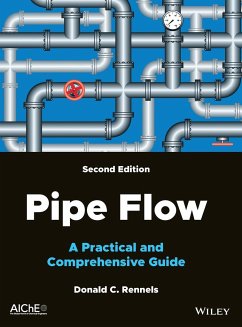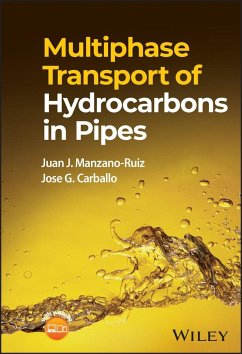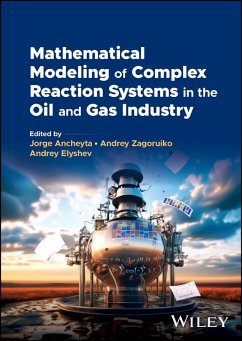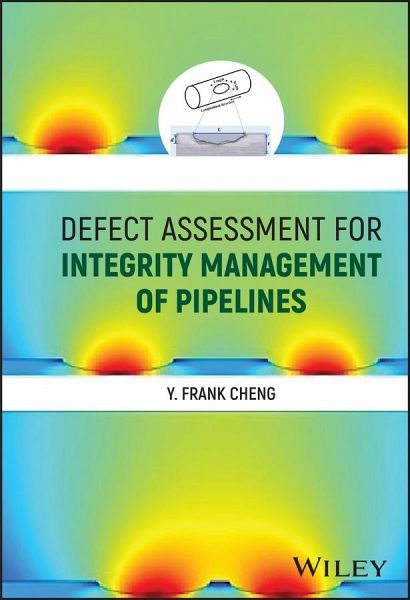
Defect Assessment for Integrity Management of Pipelines
Versandkostenfrei!
Versandfertig in über 4 Wochen
155,99 €
inkl. MwSt.
Weitere Ausgaben:

PAYBACK Punkte
78 °P sammeln!
Make energy pipelines safer by improved defect assessment for integrity management Pipelines provide an effective and efficient mode for transportation of energies, including both conventional fossil fuels and renewable energies and fuels such as hydrogen, biofuels and carbon dioxide, over wide ranges and long distances, meeting economic development and civilian needs. While the integrity and safety of in-service pipelines is paramount to pipeline operators, there are many factors which can adversely affect the pipeline integrity and potentially result in pipeline failures and, sometimes, seri...
Make energy pipelines safer by improved defect assessment for integrity management Pipelines provide an effective and efficient mode for transportation of energies, including both conventional fossil fuels and renewable energies and fuels such as hydrogen, biofuels and carbon dioxide, over wide ranges and long distances, meeting economic development and civilian needs. While the integrity and safety of in-service pipelines is paramount to pipeline operators, there are many factors which can adversely affect the pipeline integrity and potentially result in pipeline failures and, sometimes, serious consequences. Defect Assessment for Integrity Management of Pipelines provides a thorough and detailed overview of various techniques that can be used to assess corrosion defects, the most common defects on pipelines, and other mechanical defects such as dents, buckles and winkles, all of which constitute essential threats to pipeline integrity. In addition to widely used standards and codes for defect assessment, readers can obtain the latest progress in development of advanced techniques for improved accuracy in defect assessment. From early-stage Level I methods to the newest Level III method integrating with the mechano-electrochemical interaction, Defect Assessment for Integrity Management of Pipelines has everything you need to improve safety of your pipelines. Defect Assessment for Integrity Management of Pipelines readers will also find: * Evolution of defect assessment techniques and limitations to be overcome with improved techniques * Detailed analysis of defect assessment for determination of fitness-for-service of the pipelines, and prediction of their failure pressures * Both theoretical and practical aspects of the defect assessment methods applied on pipelines Defect Assessment for Integrity Management of Pipelines is ideal for pipeline professionals, researchers and graduate students to improve personal knowledge, research expertise, and technical skills.





